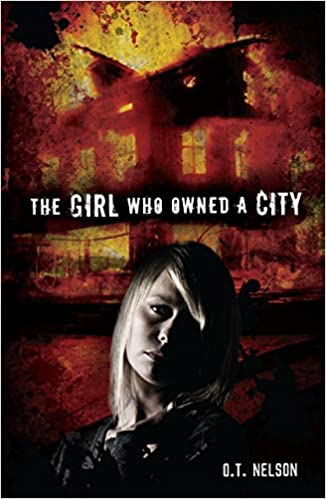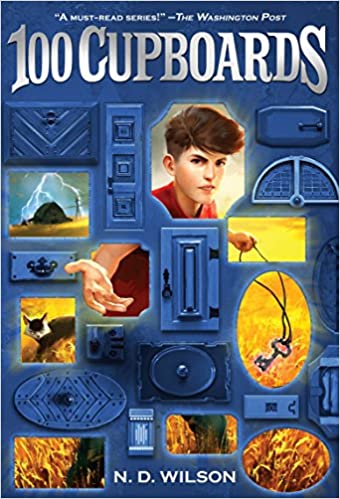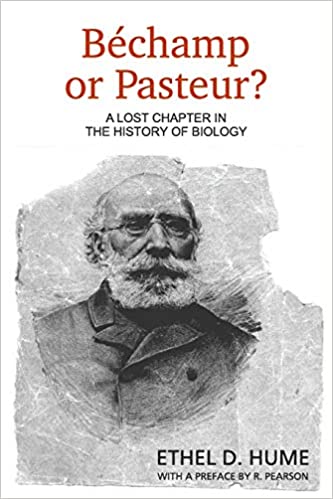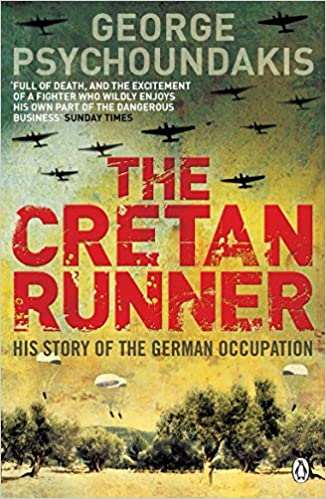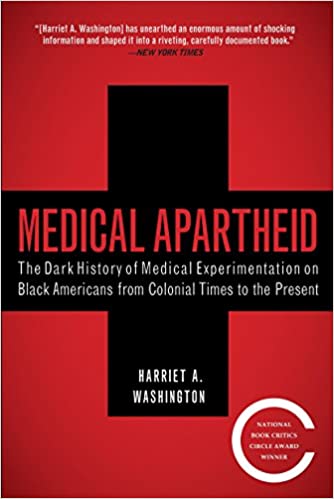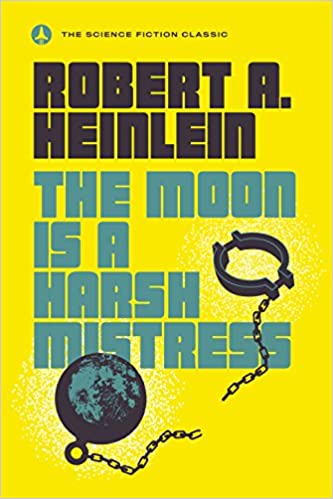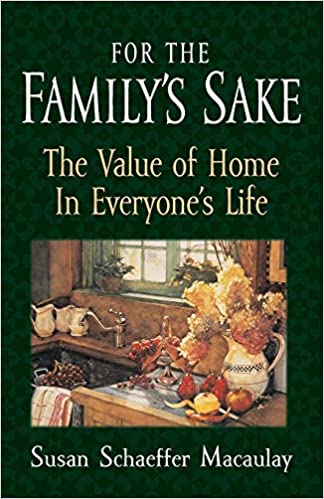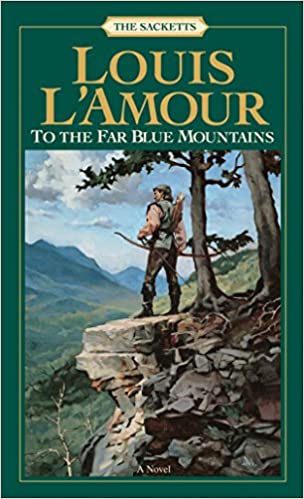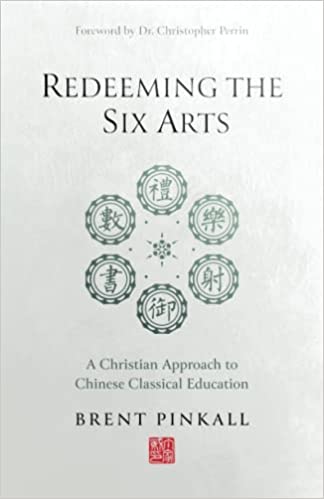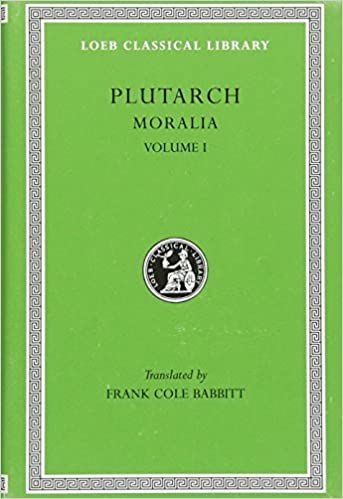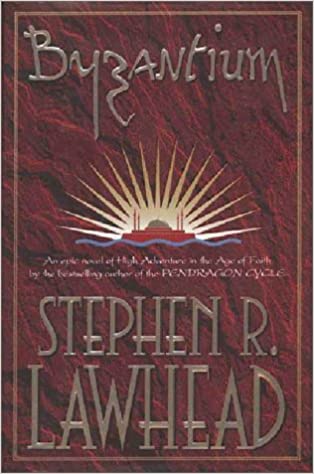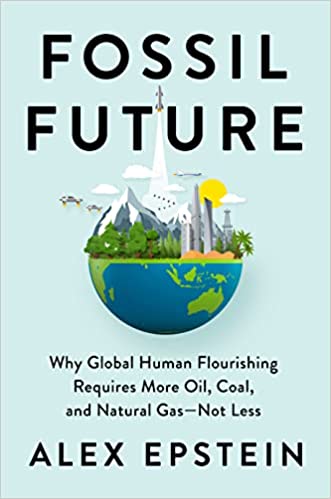The Girl Who Owned a City
Lisa and her younger brother Todd are struggling to stay alive in a world where no one is safe. Other children along Grand Avenue need help as well. They band together to find food, shelter, and protection from dangerous gangs invading their neighborhood.
When Tom Logan and his army start making threats, Lisa comes up with a plan and leads her group to a safer place. But how far is she willing to go to protect what's hers?
More info →100 Cupboards (100 Cupboards, Bk 1)
Mentioned in:
- Episode #112 - What is an educated person? by Brandy during the Scholé Every Day segment
Béchamp or Pasteur?: A Lost Chapter in the History of Biology
R. Pearson's Pasteur, Plagiarist, Imposter, originally published in 1942, serves as the introduction. It details some of the reasons for the rancorous relationship between Louis Pasteur and Antoine Béchamp. Pearson points out many of the problems in Pasteur's work, and provides details, statistics and evidence to support his case. Some of the frauds which were eventually admitted by the Pasteur Institute are mentioned here.
Ethel Hume's Béchamp or Pasteur?, originally published in 1923, is the larger work, and provides the main body of evidence, in three parts:
1. The Mystery of Fermentation
2. The Microzymas
3. The Cult of the Microbe
This book is a compelling and thorough account of Pasteur's plagiarism and scientific fraud. It contains the evidence of the false grounds on which the germ theory of disease was elevated to its current status as a dogma, and beyond question. In this forgotten chapter of the history of biology and medicine, we are shown how powerful interests and agendas have prevailed over genuine science. Here are strong reminders of the powers which control the pharmaceutical and regulatory industries to this day.
More info →The Cretan Runner: His Story of the German Occupation
George Psychoundakis was a young shepherd boy who knew the island of Crete intimately when the Nazis invaded by air in 1941. He immediately joined the resistance and took on the crucial job of war-time runner. It was not only the toughest but the most dangerous job of all. It involved immense journeys carrying vital messages, smuggling arms and explosives and guiding Allied soldiers, agents and commandos through heavily garrisoned territory. And George did not escape capture and torture on his many forays. This brilliant account of George's activities across mountainous terrain, come blazing summer or freezing winter, is a gripping story of bravery against impossible odds.
More info →Medical Apartheid: The Dark History of Medical Experimentation on Black Americans from Colonial Times to the Present
NATIONAL BOOK CRITICS CIRCLE AWARD WINNER • The first full history of Black America’s shocking mistreatment as unwilling and unwitting experimental subjects at the hands of the medical establishment. No one concerned with issues of public health and racial justice can afford not to read this masterful book.
"[Washington] has unearthed a shocking amount of information and shaped it into a riveting, carefully documented book." —New York Times
From the era of slavery to the present day, starting with the earliest encounters between Black Americans and Western medical researchers and the racist pseudoscience that resulted, Medical Apartheid details the ways both slaves and freedmen were used in hospitals for experiments conducted without their knowledge—a tradition that continues today within some black populations.
It reveals how Blacks have historically been prey to grave-robbing as well as unauthorized autopsies and dissections. Moving into the twentieth century, it shows how the pseudoscience of eugenics and social Darwinism was used to justify experimental exploitation and shoddy medical treatment of Blacks. Shocking new details about the government’s notorious Tuskegee experiment are revealed, as are similar, less-well-known medical atrocities conducted by the government, the armed forces, prisons, and private institutions.
The product of years of prodigious research into medical journals and experimental reports long undisturbed, Medical Apartheid reveals the hidden underbelly of scientific research and makes possible, for the first time, an understanding of the roots of the African American health deficit. At last, it provides the fullest possible context for comprehending the behavioral fallout that has caused Black Americans to view researchers—and indeed the whole medical establishment—with such deep distrust.
More info →The Moon is a Harsh Mistress
Widely acknowledged as one of Robert A. Heinlein's greatest works, The Moon Is a Harsh Mistress rose from the golden age of science fiction to become an undisputed classic—and a touchstone for the philosophy of personal responsibility and political freedom. A revolution on a lunar penal colony—aided by a self-aware supercomputer—provides the framework for a story of a diverse group of men and women grappling with the ever-changing definitions of humanity, technology, and free will—themes that resonate just as strongly today as they did when the novel was first published.
The Moon Is a Harsh Mistress gives readers an extraordinary, thought-provoking glimpse into the mind of Robert A. Heinlein, who, even now, “shows us where the future is” (Tom Clancy).
More info →For the Family’s Sake: The Value of Home in Everyone’s Life
For many of us the word home brings warm thoughts and happy memories―far more than the dictionary's simple definition of "a place of birth or one's living quarters." For many of us, home is where the heart is.
Yet it is even than that. It is the secure environment that allows our hearts to develop. A haven of growth, quiet, and rest. The place where we love and are loved. Sadly though, this kind of home is beginning to disappear as our busy society turns homes into houses where related people abide, but where there is no "heart."
With a desire to help you nurture your family's heart, Susan Schaeffer Macaulay presents a clear blueprint for constructing a home that survives the variety of situations that you face in modern life. With Jesus Christ as the foundation, using tools such as common sense, realism, and traditions, you can build a secure, loving environment where every member of your family can flourish.
More info →To the Far Blue Mountains
In To the Far Blue Mountains, Louis L’Amour weaves the unforgettable tale of a man who, after returning to his homeland, discovers that finding his way back to America may be impossible.
Barnabas Sackett was leaving England to make his fortune in the New World. But as he settled his affairs, he learned that a royal warrant had been sworn out against him and that men were searching for him in every port. At issue were some rare gold coins Sackett had sold to finance his first trip to the Americas—coins believed to be part of a great treasure lost by King John years before.
Believing that Sackett possesses the rest of the treasure, Queen Bess will stop at nothing to find him. If he’s caught, not only will his dream of a life in America be lost, but he will be brutally tortured and put to death on the gallows.
More info →Redeeming the Six Arts: A Christian Approach to Chinese Classical Education
Christ does not erase our cultural identities. He redeems them.
As Classical Christian Education experiences a renewal in the West, more and more Chinese Christians are eager to participate in it—but they face a dilemma. Contemporary resources on classical Christian education almost unanimously define it as a Western tradition rooted in Western languages, Western literature, and the seven liberal arts. Does this mean that Chinese classical Christian schools must also adopt a Western curriculum? Or might they draw from their own Eastern tradition, one characterized not by men such as Plato, Herodotus, and Shakespeare but by Confucius, Sima Qian, and Li Bai?
In Redeeming the Six Arts, Brent Pinkall argues that classical Christian education is not fundamentally a canon of fixed texts or subjects but rather an approach rooted in the Fifth Commandment: Honor thy father and thy mother. Insofar as our ancestors differ, the languages, literature, and arts we study will also differ. Although Chinese Christians share the same “spiritual” fathers as their Western counterparts, their “earthly” fathers are different, and therefore their curriculum must reflect not only a shared “Christian” heritage but also a unique “classical” heritage.
In Part 1, Pinkall surveys the 4000-year history of Chinese classical education, a tradition rooted in the “six arts”: rites, music, charioteering, archery, script, and calculation. In Part 2, he explores the common grace of God in this rich but pagan tradition and considers how Chinese Christians might redeem it to his glory while avoiding attendant pitfalls, just as the church in the West redeemed the “seven arts” tradition inherited from their pagan, Greco-Roman ancestors. As readers compare the two traditions, they will find both glorious distinctives as well as remarkable similarities. They will discover that God reveals himself not only through the Logos but through the Dao.
More info →Plutarch: Moralia, Volume I
Plutarch (Plutarchus), ca. 45120 CE, was born at Chaeronea in Boeotia in central Greece, studied philosophy at Athens, and, after coming to Rome as a teacher in philosophy, was given consular rank by the emperor Trajan and a procuratorship in Greece by Hadrian. He was married and the father of one daughter and four sons. He appears as a man of kindly character and independent thought, studious and learned.
Plutarch wrote on many subjects. Most popular have always been the 46 Parallel Lives, biographies planned to be ethical examples in pairs (in each pair, one Greek figure and one similar Roman), though the last four lives are single. All are invaluable sources of our knowledge of the lives and characters of Greek and Roman statesmen, soldiers and orators. Plutarch's many other varied extant works, about 60 in number, are known as Moralia or Moral Essays. They are of high literary value, besides being of great use to people interested in philosophy, ethics and religion.
The Loeb Classical Library edition of the Moralia is in fifteen volumes, volume XIII having two parts.
More info →Byzantium
Aidan, a scribe in a remote Irish monastery, accompanies a band of monks on a trip to the magical city of Byzantium, where he becomes an ambassador to kings and an intimate of Byzantium's Golden Court.
More info →Fossil Future: Why Global Human Flourishing Requires More Oil, Coal, and Natural Gas–Not Less
The New York Times bestselling author of The Moral Case for Fossil Fuels draws on the latest data and new insights to challenge everything you thought you knew about the future of energy
For over a decade, philosopher and energy expert Alex Epstein has predicted that any negative impacts of fossil fuel use on our climate will be outweighed by the unique benefits of fossil fuels to human flourishing--including their unrivaled ability to provide low-cost, reliable energy to billions of people around the world, especially the world’s poorest people.
And contrary to what we hear from media “experts” about today’s “renewable revolution” and “climate emergency,” reality has proven Epstein right:
- Fact: Fossil fuels are still the dominant source of energy around the world, and growing fast—while much-hyped renewables are causing skyrocketing electricity prices and increased blackouts.
- Fact: Fossil-fueled development has brought global poverty to an all-time low.
- Fact: While fossil fuels have contributed to the 1 degree of warming in the last 170 years, climate-related deaths are at all-time lows thanks to fossil-fueled development.
What does the future hold? In Fossil Future, Epstein, applying his distinctive “human flourishing framework” to the latest evidence, comes to the shocking conclusion that the benefits of fossil fuels will continue to far outweigh their side effects—including climate impacts—for generations to come. The path to global human flourishing, Epstein argues, is a combination of using more fossil fuels, getting better at “climate mastery,” and establishing “energy freedom” policies that allow nuclear and other truly promising alternatives to reach their full long-term potential.
Today’s pervasive claims of imminent climate catastrophe and imminent renewable energy dominance, Epstein shows, are based on what he calls the “anti-impact framework”—a set of faulty methods, false assumptions, and anti-human values that have caused the media’s designated experts to make wildly wrong predictions about fossil fuels, climate, and renewables for the last fifty years. Deeply researched and wide-ranging, this book will cause you to rethink everything you thought you knew about the future of our energy use, our environment, and our climate.
More info →
